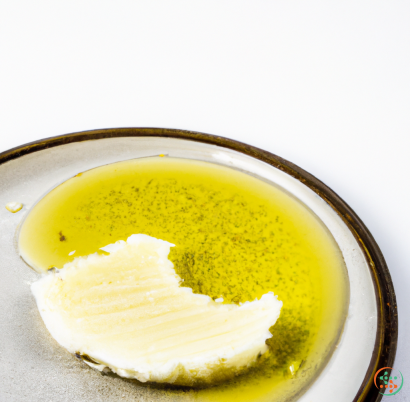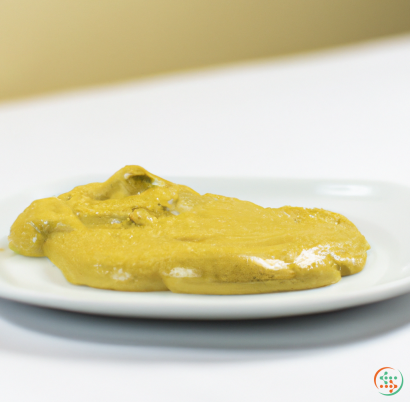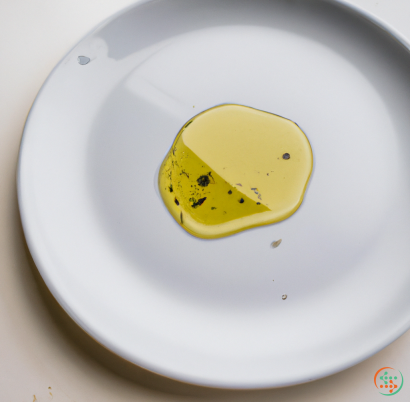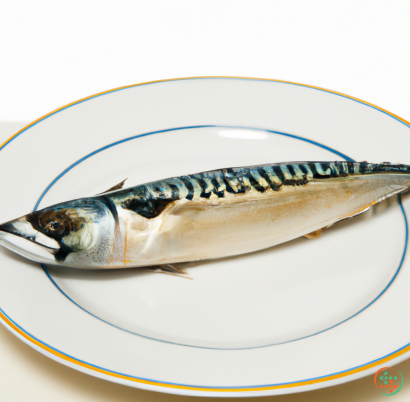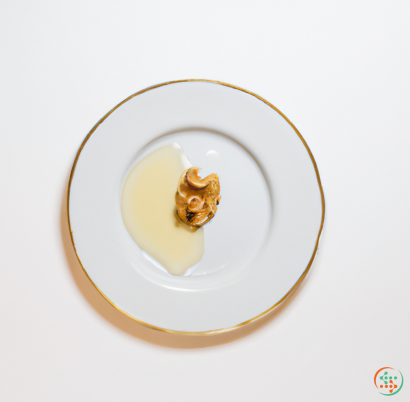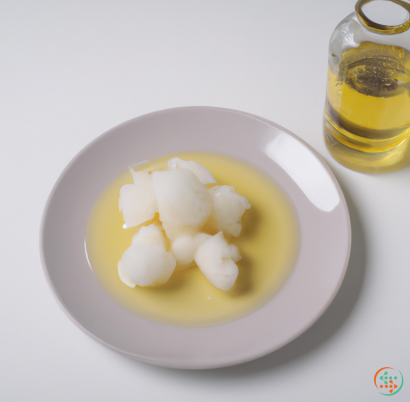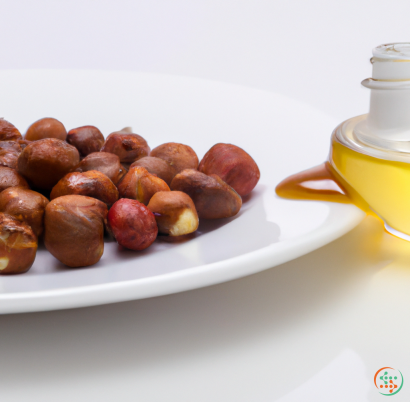Cod Liver Oil: Complete Sugars and Carbohydrate Profile
Cod Liver Oil: Considered a good source of carbohydrates?
Yes, cod liver oil is a good source of lipids. Lipids are molecules that contain fats, waxes, and oils, and they are crucial for many bodily functions such as providing insulation, acoustic cushioning in the ear, producing hormones, transporting fat-soluble vitamins throughout the body, and forming protective barriers in cell membranes.
Cod liver oil is especially rich in omega-3 polyunsaturated fatty acids such as eicosapentaenoic acid (EPA) and docosahexaenoic acid (DHA), which play important roles in various metabolic pathways. Additionally, it contains vitamin A and D, both of which have antioxidant properties and essential for healthy skin, strong bones, and a properly functioning immune system. Since cod liver oil provides an array of beneficial lipids, it can be used to supplement dietary fats. Moreover, it has been found to improve cognitive function, reduce joint stiffness and inflammation, protect against cardiovascular diseases, and help maintain cholesterol levels already within a normal range.
Cod Liver Oil ‐ Types of Sugars
Introduction
Cod liver oil, a nutritional supplement made from the livers of codfish, is one of the oldest and most well-known supplements in existence. Its long history as a remedy for numerous ailments makes it one of the most popular dietary additives today, but it remains largely misunderstood by medical professionals and general consumers alike. This paper seeks to elucidate the many components of cod liver oil and explain why they are so important to your health. Specifically, this paper will focus on the types of fats and lipids that contribute to its various benefits, as these compounds form the basis of how cod liver oil works to maintain and improve human health.
Types of Fats and Lipids Found in Cod Liver Oil
Cod liver oil contains a wide range of fats and lipids, some of which are thought to be especially beneficial for our physical and mental wellbeing. The most abundant fat type found in cod liver oil is triglycerides, followed by free fatty acids, monoacylglycerols and phospholipids. Additionally, cod liver oil contains cholesterol, saturated fatty acids, and unsaturated fatty acids such as omega 3s (EPA and DHA) and omega 6s (arachidonic acid).
Triglycerides
Triglycerides are the main form of fat in the body's cells. These esters are formed when three molecules of fatty acids combine with glycerol; each of these individual molecules interacts differently with other molecules due to their shape and chemical makeup. Triglycerides play an essential role in energy storage and metabolism, making them critical to optimal functioning. Recent studies have revealed that high levels of triglycerides in the blood can increase the risk of coronary artery disease, thereby prompting medical attention. Due to their importance in maintaining metabolic balance, triglycerides found in cod liver oil are prized for their potential cardiovascular benefits.
Free Fatty Acids
Free fatty acids (FFAs) are individually unbound molecules that are derived either from foods consumed or by means of enzymatic action in the body. FFAs provide a variety of functions, including serving as substrates for cell membrane production, acting as precursors for steroid hormones, participating in processes such as glucose metabolism control, and modulating inflammatory responses. In cod liver oil, FFAs help maintain intracellular concentrations of vital metabolites while also providing protection against oxidative damage by acting as antioxidant cofactors.
Monoacylglycerols
Monoacylglycerols (MGs) are formed when two molecules of fatty acids bind to a single molecule of glycerol. By doing so, they create amphiphilic particles that can interact both hydrophobically and hydrophilically with cell membranes depending upon the type of environment being encountered. Alongside triglycerides and FFAs, MGs are invaluable components of lipid metabolism, playing active roles in digestion, absorption and cellular activation processes. Studies show that ingestion of certain kinds of MG could result in altered glucose homeostasis, reduced gastric emptying rates and improved gut microbiota composition - all contributing factors to overall health.
Phospholipids
Phospholipids consist of glycerophosphate backbone linked to different polar head groups. They form part of the cell’s outer layer - known as the cell membrane - where they assist with conduction of water dissolved substances through the sheer surface tension mechanism within the bilayer, thus allowing solutes to transfer between tissues. Phospholipids are composed of fatty acids, glycerol and phosphate, with the former supplying incredibly metabolic value and capacity. In particular, consuming sufficient amount of phospholipids found in cod liver oil helps lower risk of cardiometabolic diseases, whilst simultaneously promoting healthy brain development in infants.
Cholesterol
Cholesterol—a waxy substance present in bile, bloodstream and organ tissues--plays a fundamental role in several biochemical processes. It serves as a source of material used to produce hormones, Vitamin D and bile acids needed for digestion, among others. Furthermore, cholesterol provides structural integrity to cell membranes and plays an essential component in dopamine/serotonin production. While diets typically contain plenty of cholesterol along with saturated fat, emerging research suggests that certain kinds -- such as those found in cod liver oil -- may play noteworthy effects related to longevity and inflammation.
Saturated Fatty Acids
Saturated fatty acids are considered to be unhealthy, though there has been conflicting evidence on this fact in recent years. Essentially, these fatty acids exist when all carbon atoms are thoroughly bonded to hydrogen atoms and, unlike unsaturated fatty acids, remain unchanged no matter the temperature to which they are exposed. Since then, eating too much saturated fat has been associated with chronic illnesses such as obesity and diabetes, making widespread consumption of food containing them something to be avoided at all costs. Despite this, small amounts of relatively safer sources, such as those derived from lard and cod liver oil, can be included into balanced diets.
Unsaturated Fatty Acids
A category of biologically significant fatty acids, unsaturated fats are far healthier than their saturated counterparts due to their double bonds that impart greater stability. These vary depending on how many double bonds there are ( polyunsaturation vs monounsaturated ), nonetheless, serve as key mediators of cell signaling and immunity response processes. Amongst other functions, polyunsaturated fatty acids act creators of biological messengers like prostaglandins, eicosanoids and endocannabinoids, all peripheral regulators of growth, differentiation and even neurotransmitter release in the nerve terminal.
Omega-3 Fatty Acids
Omega-3 fatty acids are an essential kind of polyunsaturated fatty acids deemed necessary for proper bodily function. Eating foods rich in Omega-3 should be encouraged because current guidelines recommend daily intake for adult individuals of 500mg per day for men and 400 mg for women. Such standards apply regardless of age, ethnicity or gender. Out of the three forms of omega-3, Docosahexaenoic Acid (DHA) and Alpha-Linoleic Acid (ALA) serve as highly translatable nutrients posited to reduce the risk of cognitive decline given regular supplementation.
Given both forms originate primarily from marine sources, it comes as no surprise that cod liver oil offers plentiful supply of EPA and DHA. Research indicates adequate intake of DHA correlates directly with improvement in memory and learning, increased speed of information processing, enhanced visual acuity, and better mood regulation. Similarly, ALA reduces postprandial serum insulin responses and triglyceride levels, protecting against obesity, diabetes and fatigue amongst many other interesting findings.
Conclusion
In sum, cod liver oil is regularly employed as natural source of fats and lipids due to its potency of various bioactive complexes. Containing eight distinct varieties of fat, including triglycerides, free fatty acids, monoacylglycerols, phospholipids, cholesterol, saturated fatty acids, and omega 3s and 6s, cod liver oil effectively protect bodies against deficiencies. From enhancing cellular pathways to influencing cognition, fatty acids appear to bring about naturely defined therapeutic effects on human physiology. As such, introducing suitable dosages into diets deserves special consideration if we truly intend to lead healthier lives.

